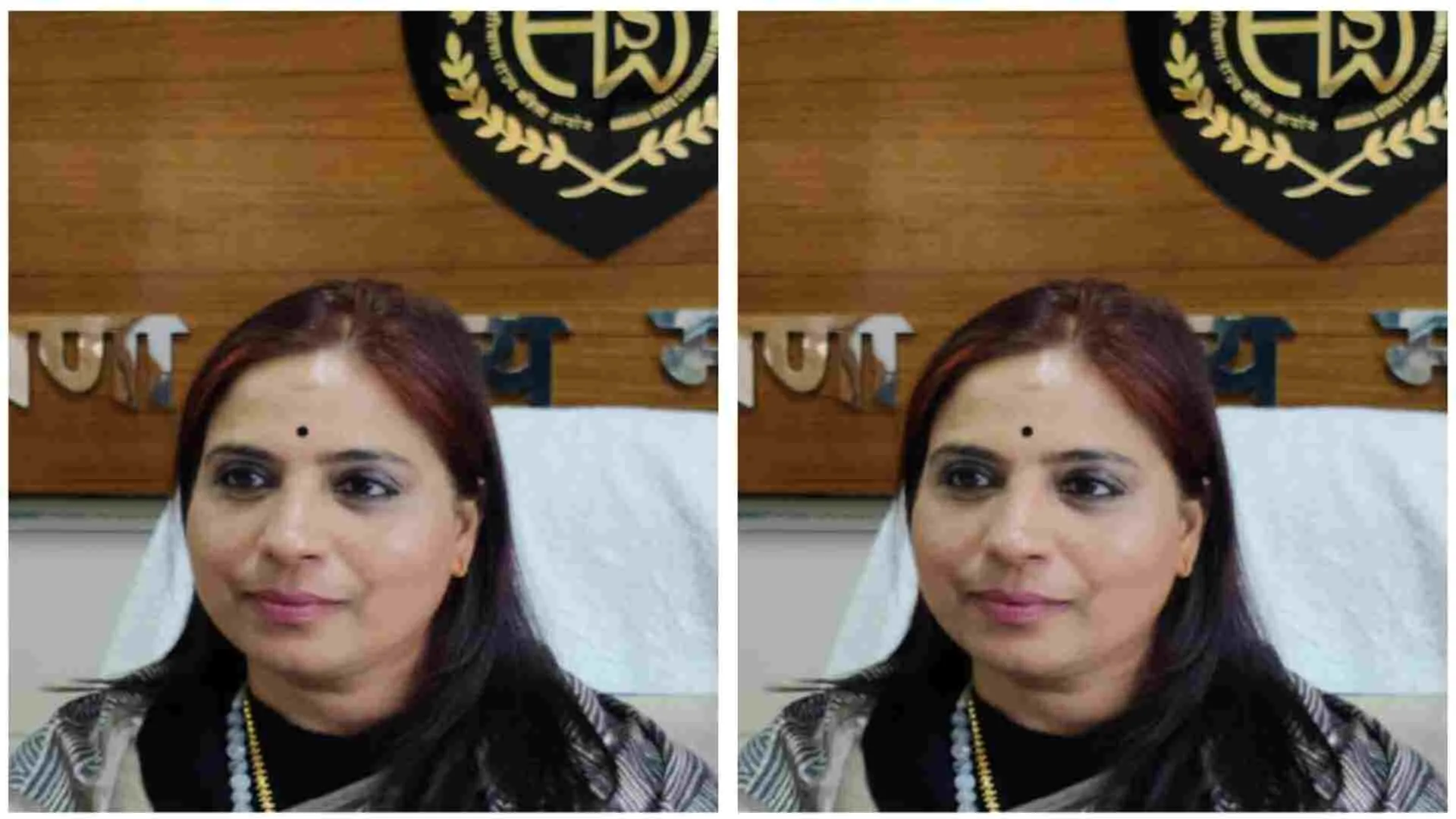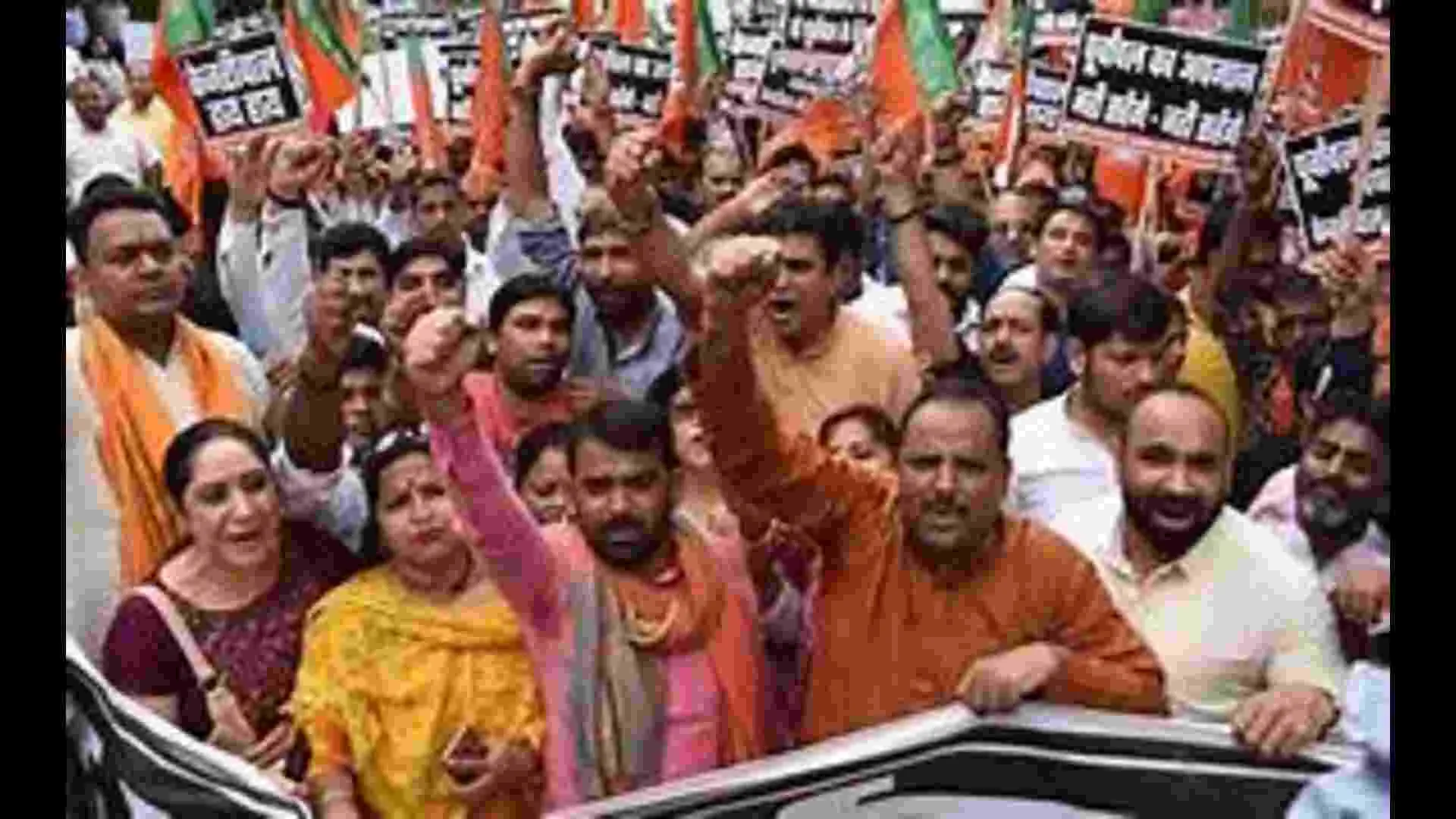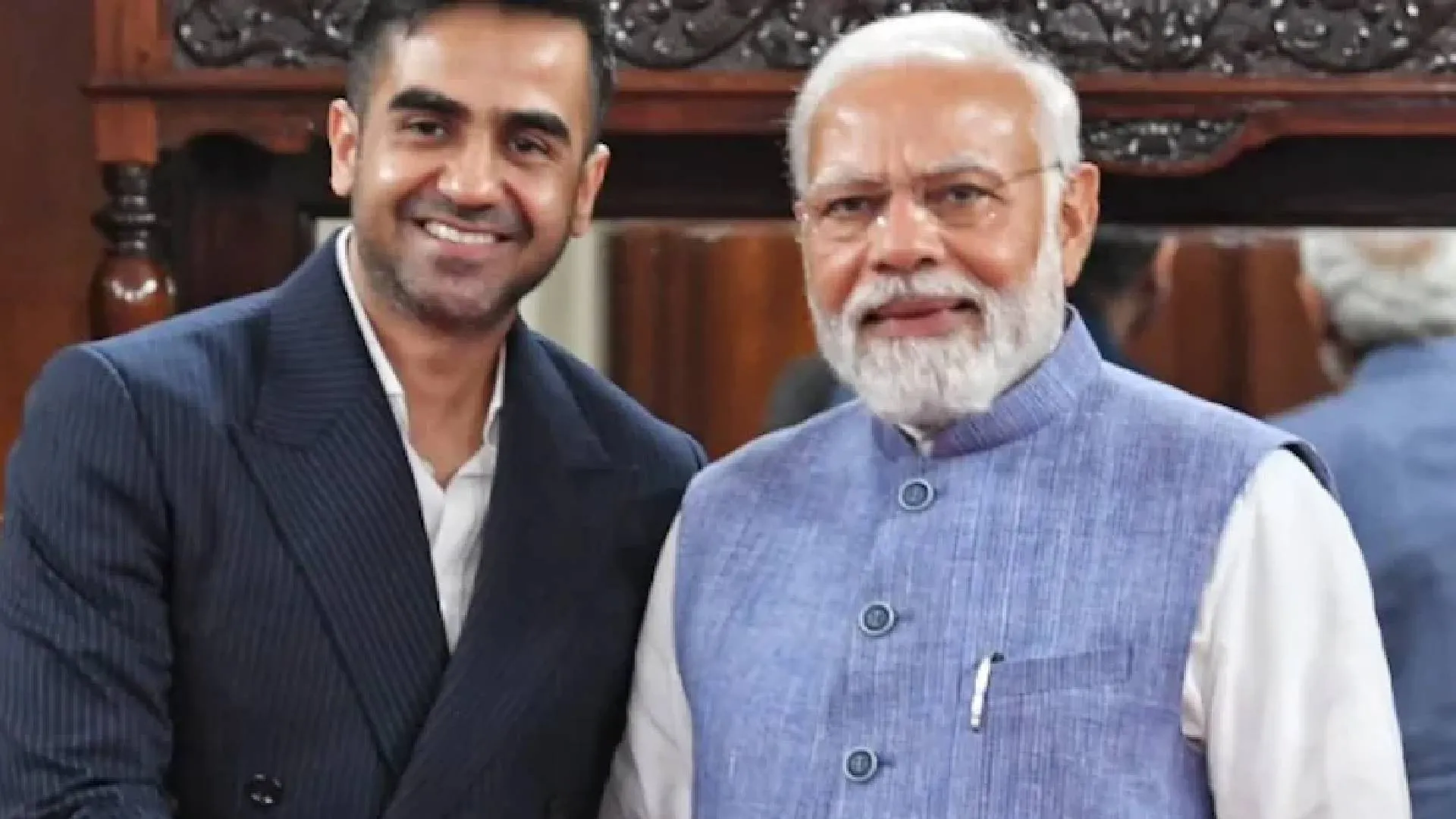“For me, a better democracy is a democracy where women not only have the right to vote to elect, but also have the right to be elected,” said Michelle Bachelet, the former head of “UN Women” and former President of Chile.
India got its first woman Chief Minister Sucheta Kriplani in 1963 and then many others (total 16) followed like Sushma Swaraj, Mayawati, Jayalalithaa, Sheila Dixit and Rabri Devi. India had Indira Gandhi in 1966 as first and only prime minister; Pratibha Patil as first woman President in 2007 and then in 2022 another woman Draupadi Murmu became 15th president of the Republic of India. Despite the Indian Constitution’s promise to secure all citizens justice—social, economic, and political—and to provide “equality” of status and of the opportunity as a fundamental right, there is an over representation of men and under representation of women in India’s legislative bodies.
India, like other parts of the world, comes with its own challenges for women for equal participation in leading the socio-cultural, economic, and political front of the largest democracy. Notwithstanding that, pan world women are showing their mettle, and witnessing substantial rise in their representation in parliaments all over the world, including India. According to the Inter-parliamentary Union (IPU) index, at the start of the century, women occupied 14% of the seats in parliaments around the world, and 9% in India. Currently, this number has increased to 25% globally, and 14% in India; yet, it still remains grossly disproportionate. It is unbelievable that though we are living in 21st century, tech-savvy progressive world, according to “UN Women” in June 2019, out of more than 190 countries in the world, only 11 have women serving as the head of the state, and only 12 women serving as head of the governments.
The increased representation shows that women are increasing in politics, but it is not reflected vibrantly in politics and Parliament, because women are experiencing barriers in society and political system and even developed countries are no exception. Now more than 100 countries have quota system for women’s representation in Parliament or on party lists. This has become sure shot formula for adequate/substantial women representation in politics. Lack of political knowledge is one of the primary reasons for the deficit representation of women in politics. Here media plays very important role not only by giving information but giving platforms where women can express her opinions. Studies have shown that increased women’s representation has a positive impact in policy making.
Political awareness is also reflected in voting turnout which has increased significantly in the last few decades, and the gap between male and female voters’ turnout is narrowing gradually. In the 2004 general election, the turnout difference was 8.35%, which dipped to 0·11% in 2019 general elections. This election also witnessed the highest number of women candidates contesting as well. One of the reasons for this pleasant change, according to me, is that the present Prime Minister of India strongly believes in empowering women in all sectors. India for the first time has maximum of 14% female Members of Parliament, first defence minister, first Finance minister. But as it is said: “Woods are lovely dark and green, but miles to go before I sleep”. A majority of women do not show interest in making politics as their career. This is one reason we don’t see increase in women’s participation. This could largely be on account of the “environment of politics, the political culture, social attitudes and male dominated social system that exists.
Evidence suggests that, in those states where there is 50% reservation for women in local legislative bodies, women are more willing to participate in politics, suggesting that participation in local government acts as a great morale booster for women and creates the necessary ecosystem for encouraging women’s participation. Democracy cannot be successful if half the population is not well represented in it or does not participate in the democratic decision making process. Thus increasing the participation of women is an important step towards successful realisation of public goals.
Classical theorists like Rousseau and Mill advocated for the maximum citizens’ participation for a democracy to be successful and this is achievable only by free and equal participation of women in the political system. Democracy depends on liberty, the increased involvement of women in recent times has been an encouraging phenomena and a step towards strengthening democracy globally. Education has acted as a catalyst for women breaking down social and patriarchal barriers. Financial independence is another very important factor for women to take her independent decisions even for opting politics as a career. Last but not the least, strong family support system will give her confidence that she can make her place in this male dominated domain. The support system will help her overcome psychological barriers.
Swami Vivekanand ji had said “Desire, ignorance, and inequality, this is the Trinity of bondage.” So time has arrived to overcome the hurdles and break the shackles of mindset that politics is not for women. Society needs more Woliticians i.e. women politicians.
Anila Singh is a BJP spokesperson.
















